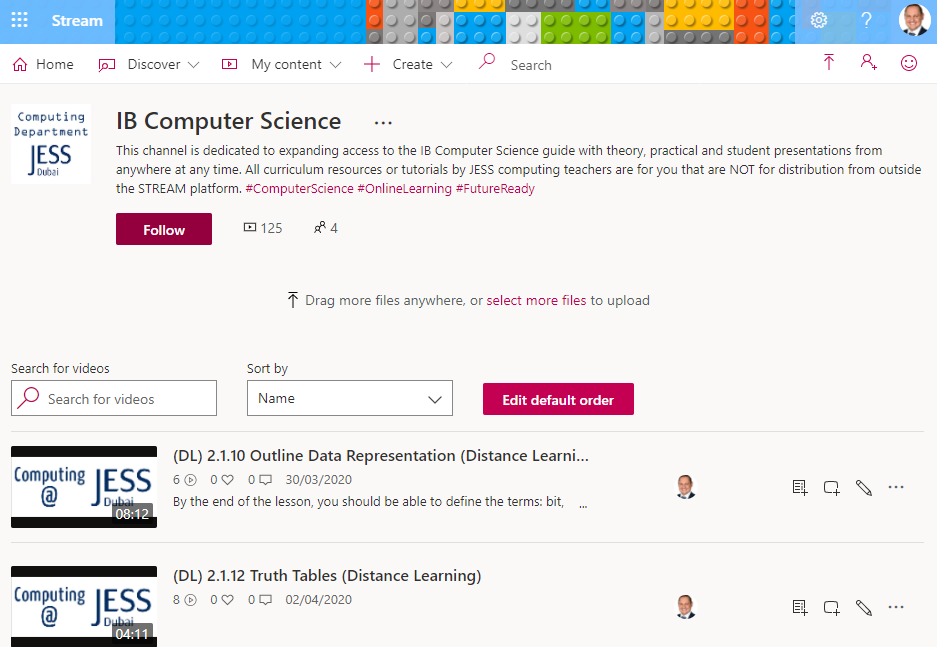
IB Computer Science
One teaching strategy I think is most effective is by empowering students to become teachers in their own subject. It must be a core activity that features effective teaching because it is the process to develop their knowledge and understanding of concepts and processes. I really love this part of risk-taking which places the responsibility on the students to show me what they know.
The way this works is by live modelling the learning objective first to set the standard is it will be down to the students’ ability to apply their learning to a set of learning objectives. To improve retention, the students are assigned to teach the same objective a week or two after this. It is important during the initial stages of teaching to be deliberate in the vocabulary used for the course and make connections to the IB command terms. I shall write another post about this but engaging in those words forms part of my retrieval practice in lessons.
The assignments are set up the same each round to allow consistency and familiarity for reviewing the success of student work fairly and against the IB CS performance criteria’s. Now, you may think it will be messy which is fine if it happens, however, I have found that most students excel and relish the challenge to ‘out-do’ me or set their own standards above their peers. Mostly the latter case happens and this forms a competitive spirit within the class. After a few rounds of assignments, the student start demanding the more challenging objective(s) in order to obtain a higher grade (WIN-WIN situation I hear you say!).
This form of dual coding ensures that I am assessing the student understanding of complex content completed in an open way where the students want to complete the assignment. I encourage the students to produce a learning activity at the end so that it includes the audience (keeps their attention throughout) to test them on their own understanding of the content. This activity in nature strengthens their knowledge through peer explanations and provides a platform in where the student improves their presentation skills as well in a safe environment is a superb opportunity to prepare student for bigger projects in the future.
This approach has been working for me for years so I started recording the sessions so that future students could benefit from the presentations whilst also create specific learning resources for the course. We know as IB CS educators, there is no endorsed curriculum content out there for us to use. The motivation was set and I began compiling an internal Microsoft Stream collection of all the course recordings with my students:

I thought to support the wider community IB CS could benefit by posting their presentations to YouTube. Therefore, the channel was born as ‘IB COMPUTER SCIENCE‘ , made by students for students and I was the facilitator that made it all happen.
Computer Science is an experimental science that offers a rigorous and practical problem-solving discipline, which, as a methodology that can be applied to all walks of life. If we suppose that many natural phenomena are in effect computations, the study of computer science can tell us about the kinds of natural phenomena that can occur.
This channel aims to demystify the International Baccalaureate of Computer Science programme (although in no way endorsed or a stem of the organisation) through a student’s lens teaching you each and every objective of the course. The IB CS syllabus is an ideal document that should be referred to on a regular basis, whether following this student presentation or not. It is recommended that the candidate uses the guide as it provides extensive details regarding what should be learnt rather than the content itself, as this channel hopes to provide a well-focused study on each objective.
Take a look at one one of the students presenting a course learning objective in action.

